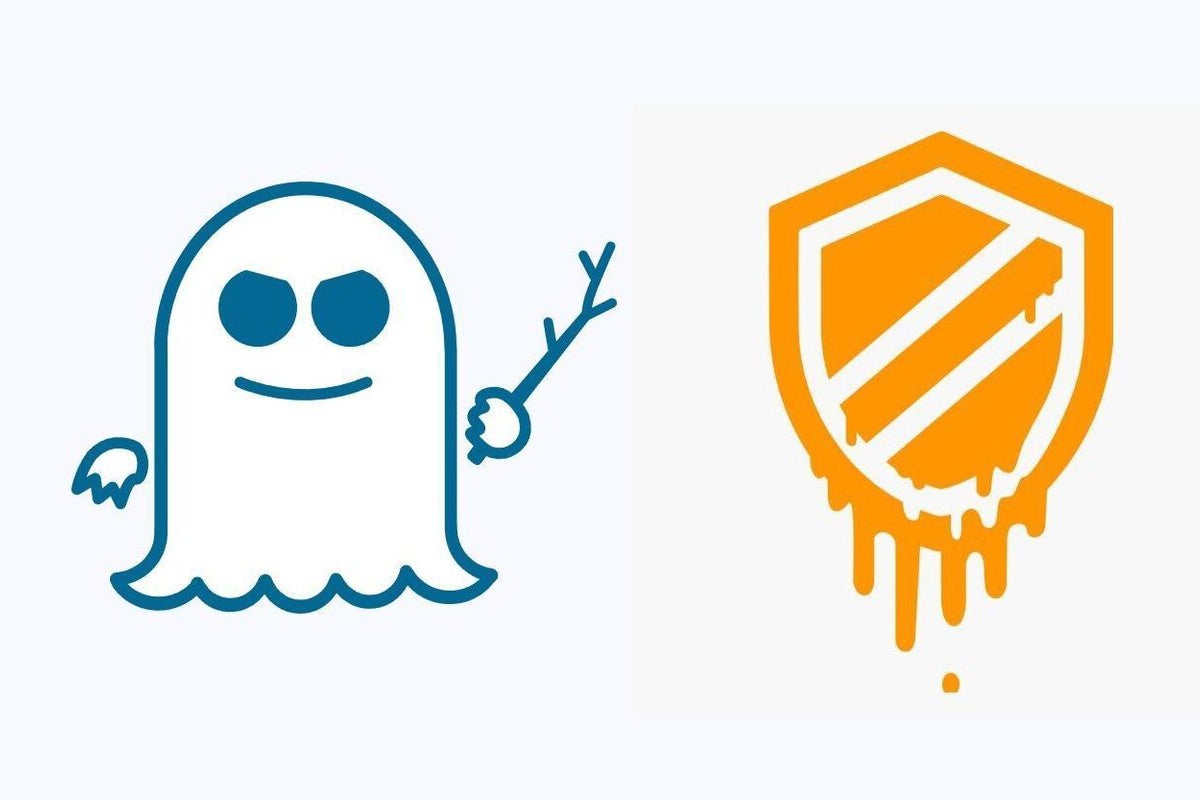Criminals pay just $15 for Apple iCloud account IDs, report claims

Credit to Author: Jonny Evans| Date: Wed, 07 Mar 2018 03:59:00 -0800
One of the biggest reasons Apple users need to beware of phishing attacks is that compromised iCloud accounts are among the most valuable of those traded on the dark web at $15 per account.
All your data are belongs to us
Think about the value of your Apple ID data: Not only is your account the golden portal into all your personal data, but it unlocks all manner of other valuable items: credit card details, online purchasing, passwords for your websites and more.
That’s why every Apple ID user really should think about the value of the data they are trying to protect and create tough alphanumeric passcodes, even if they do need to spend significant time memorising those codes.



